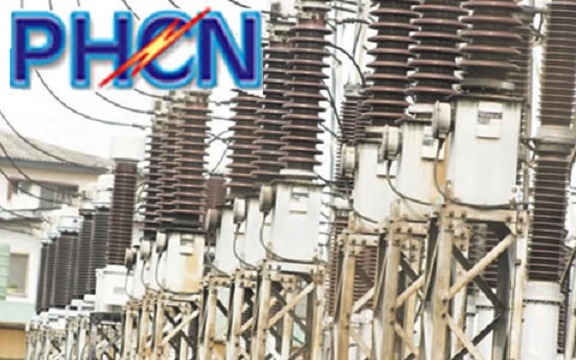Teddy Oscar, Abuja
Electricity consumers in Nigeria will wake up on Thursday, May 1 to a happy news that they would no longer be made to pay the monthly fixed charge to their respective distribution companies (discos) in any month they experience 15 continuous or cumulative days without light.
This declaration was made on Wednesday by Dr. Sam Amadi, chairman of the Nigerian Electricity Regulatory Commission (NERC), in Abuja.
The new rule also comes as a gift to Nigerian workers, who are joining their counterparts all over the world to mark the May Day.
This is irrespective of the importance of the monthly fixed charge to ensure the sustainability of the power sector.
Amadi, however, warned that the new rule does not apply to non payment of electricity bill or other actions of the consumers.
“While the commission has determined that the fixed charge remains an essential component of the bill, it is, however, the continued retention of the fixed charge component in the tariff and payment of fixed charge in the light of consumer complaints, particularly with regards to continued payment of fixed charge, even when the energy and is not delivered to the consumer.
“Upon due considerations of these complaints by the consumers, and considering the role of NERC in Nigerian Electricity Supply Industry (NESI), the commission, as provided under Section 32(d) and Section 32(f) of the EPSR Act 2005, it is hereby ordered that effective May 1, 2014, where any customer of a distribution licensee has not received electricity supply for a period of 15 days in a month, such a customer shall not be required to pay fixed charge, provided the disruption is due to non payment of electricity bill or other actions of the consumer like tampering with electricity infrastructure, vandalism, or it is totally unrelated to the fault of the distribution company,” Amadi said.
Amadi also reacted to series of comments from consumers about the fixed charge and the concern of whether it is fair and legal.
“The fixed charge is a universal best practice, and is not peculiar to Nigeria. It is to be borne by electricity customers at all times, once they are connected to supply. It is not tied to consumption.
“Fixed or permanent investments need to be made and need to be paid for and maintained. Electricity customers need to have the required infrastructure that will enable them enjoy electricity either on demand, and when it is available,” he added.
The fixed charge is an element of a customer’s electricity bill that is charged on a monthly basis, and it is intended to allow for the recovery of the cost that is associated with the fixed or permanent investments required to generate, transmit and distribute electricity.
The fixed charge is made up of fixed or permanent investments like poles, cables, transformers, cost of maintenance of the fixed or permanent investments, as well as the capacity charge that is paid to generating companies, as long as they are available to generate.








